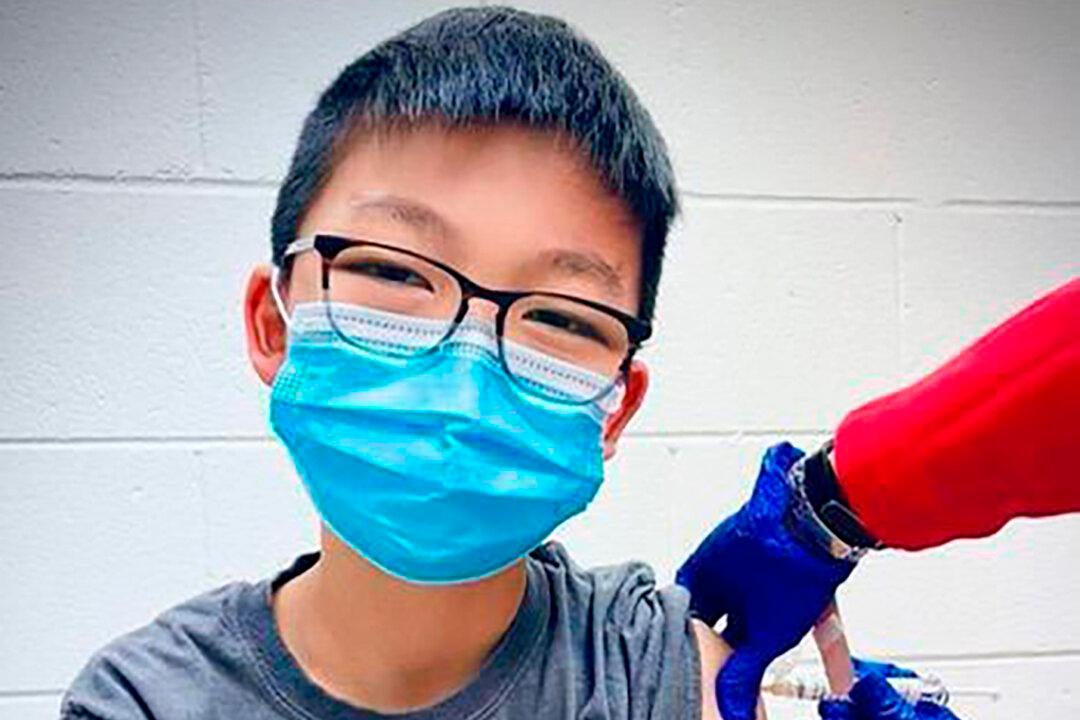BERLIN—The European Medicines Agency on Friday recommended that the use of the coronavirus vaccine made by Pfizer and BioNTech be expanded to children ages 12 to 15, a decision that offers younger and less at-risk populations across the continent access to a COVID-19 shot for the first time during the pandemic.
Marco Cavaleri, who heads the EMA body that reviewed the vaccine, said the European Union regulator had received the necessary data to authorize the vaccine for younger teens and found it to be highly effective against COVID-19.





